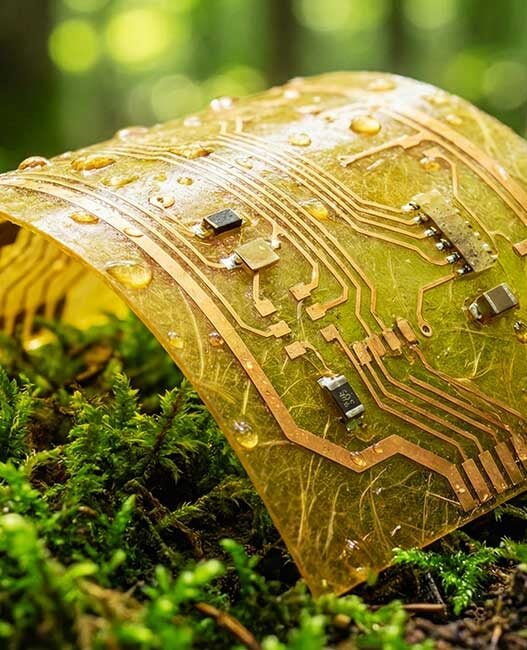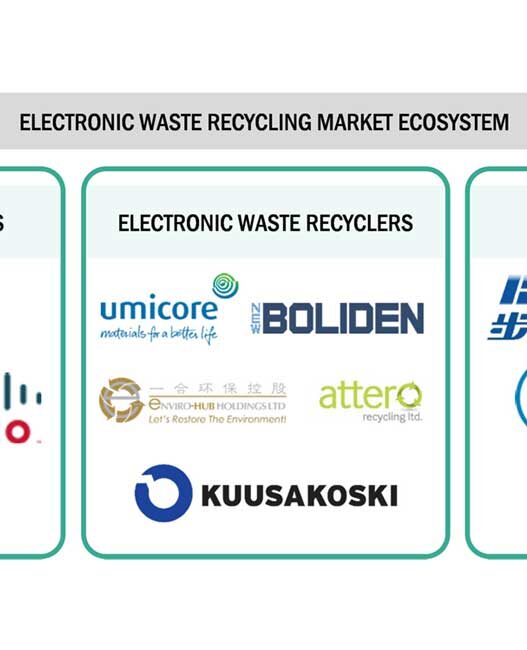Presumably, many people’s initial thoughts turn to single-use plastic, air pollution and renewable energy when asked about sustainability, and whilst those things are crucial, people often forget about the detrimental effects of food waste and its packaging.
Here, James Sopwith, Group Strategic Account Director at adi Group, has explained how the engineering firm is doing its bit for the planet and how food manufacturers and more can play their part in leading a low-carbon economy.
Harnessing heat energy
Earth Day 2021 is about raising awareness of the ongoing damage being made to our planet through human action, and more importantly, inaction – so it is down to us to put it right and make a difference before it’s too late.
Here at adi Group, we want to not only encourage manufacturers across all sectors to make a positive impact on the environment, but also drive forth efficiency and lower their operational costs at the same time.
As well as dedicated service divisions that manage aspects of water pollution and waste management, just one of the ways in which we are achieving this is by being innovative in the use of waste heat from gas-fired Combined Heat and Power (CHP) plants
Taking the immense amount of heat energy from gas-fired CHP power plants, which would usually go to waste, we provide manufacturers with a model to harness this energy and redeploy it within several of their own processes.
Our market business partnership also delivers a fantastic way for us to guide and advise manufacturers across the UK to become more efficient, affording a CAPEX free solution to their upcoming energy needs, whilst also reducing their carbon footprint.
We can easily see how this could begin to transform industries that utilise a vast quantity of energy in their production processes, such as the food and beverage sector.
But whilst this concept begins to take hold, what other ways can engineering help to produce a truly efficient circular economy?
Long-term effects of food waste
You may ask why food waste is so damaging. Well, food production is responsible for more than a quarter of the world’s greenhouse gas (GHG) emissions and when food decomposes, it gives off a lot of methane, which is 25 times more potent than carbon dioxide. Both of which are astonishing figures.
And, if we’re all completely honest, we are all guilty of wasting food here and there, with one third of all food produced globally going to waste. Truth be told, it is much more damaging than you might realise.
As somebody in the industry, I firmly believe that manufacturers have a duty and responsibility to lead on such an issue which has serious economic, moral, and environmental impacts. And engineering has its part to play, too.
Operating as a vital support mechanism for food manufacturers, it is down to firms like us to help drive change, identifying processes within food factories that can limit and reduce food waste up and down the country.
We can do so by making food production cleaner and more efficient whilst also extending the shelf-life of products, not to mention upping the ante on automated processes.
Some of this is already in the works, with encouraging signs. The robotic chef for example, has been designed in such a way to emulate the work of a chef, helping to dictate on matters such as taste, consistency, quality and value, while reducing wasted ingredients in ready meals and other chilled foods.
Elsewhere, the Waste Systems division at adi Group is the UK and Ireland distributor of Sotkon, an innovative underground waste container system, offers councils and businesses a truly 21st century approach to waste management through smart data systems.
Eliminating unsightly overflows of food waste packaging and more, the smart system notifies responding waste management organisations when containers are full. Usage data can be captured at the point of collection, and logistic systems communicated with to determine optimum routing, so that carbon footprint and emission reduction benefits are realised.
Giving food and packaging a second life
It isn’t just food waste, though. It’s packaging, too.
The life of both food and its packaging doesn’t simply end when it is thrown away. If not repurposed and put to good use, food will simply rot, releasing harmful emissions into the air whilst in landfill.
This is why it is important to raise awareness of the additional value and potential of food packaging. Increasingly, we are seeing brands manufacture products and packaging that have been recycled or have an intended second purpose.
Coca-Cola, for example, announced a circular recycling campaign in 2019, in which they enlisted the help of the public to ensure their plastic bottles and cans continue to be reused, repurposed, and recycled.
And it is campaigns such as this, combined with the efforts of manufacturers and the engineering industry, that can make a huge and impactful difference to the world we live in.
Interestingly, mushrooms are also becoming more commonly used as a source of packaging, with Styrofoam-like material being made up of fungus roots and residues from farming. After use, the packaging can be broken down within compost at home.
By repurposing the inedible parts of foods, they can be utilised for a multitude of different things, which in turn limits the amount of food ending up in landfill and reducing GHG emissions.
As things stand, the consequences of food waste are already serious enough, but if we committed to implementing such changes across manufacturing and beyond, just imagine how much of an impact this would have in engineering a brighter and cleaner future for all.
A greener future
By utilising the tools and technology available to us, combined with increasing awareness within the manufacturing industry, we aim to help engineer a more circular economy. One that sees less food waste, more recycled products and multi-purpose packaging.
Engineers and manufacturers must continue to work together in this regard to contribute at both a micro and macro level, improving self-operational processes as well as making headway to the UK Government’s low carbon future initiatives.















